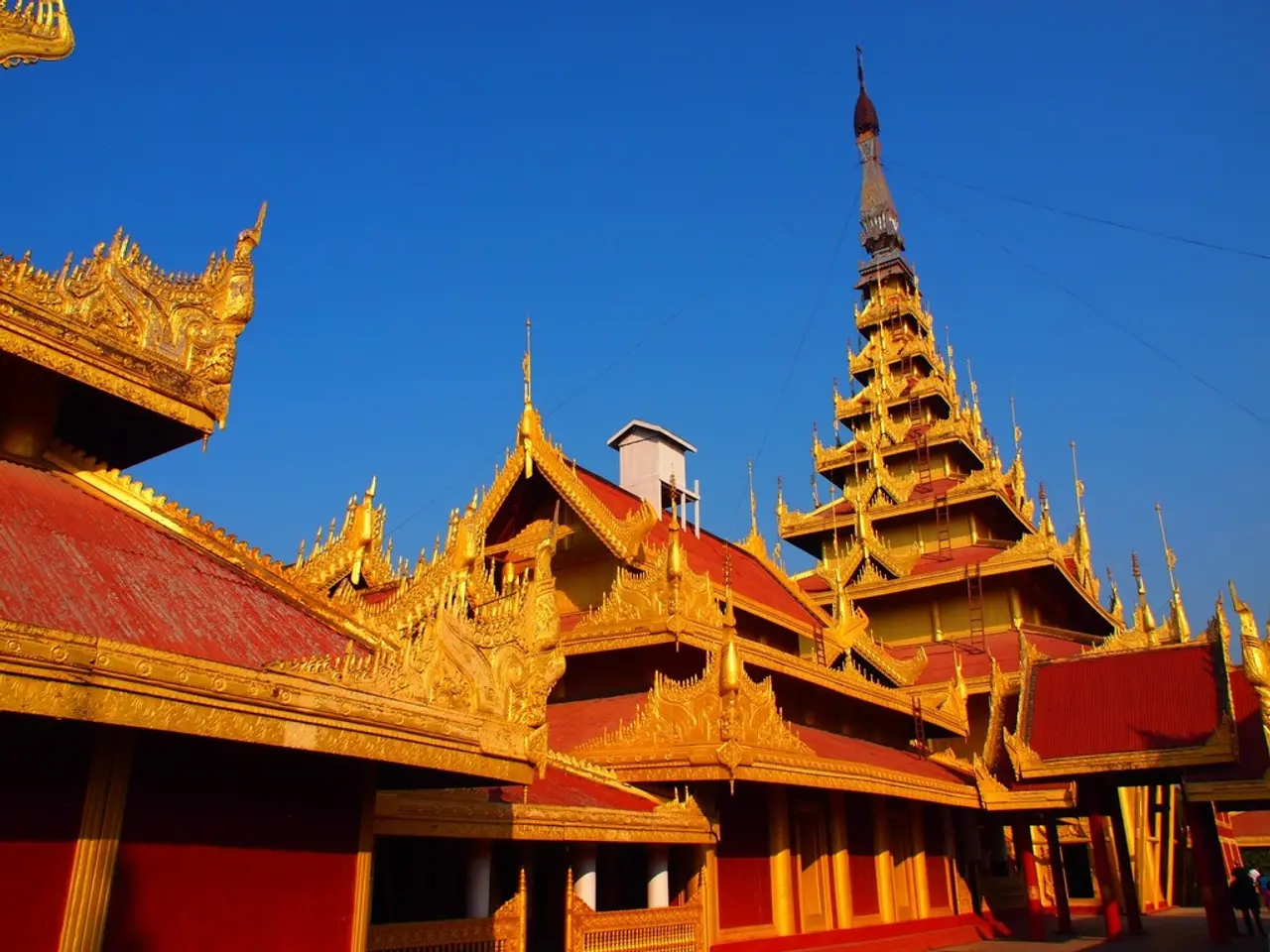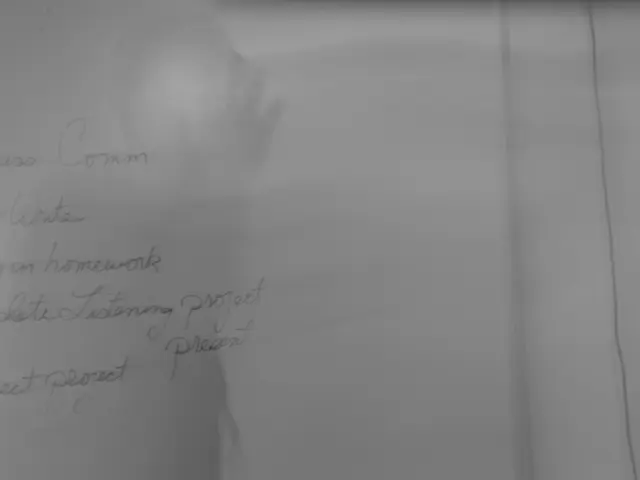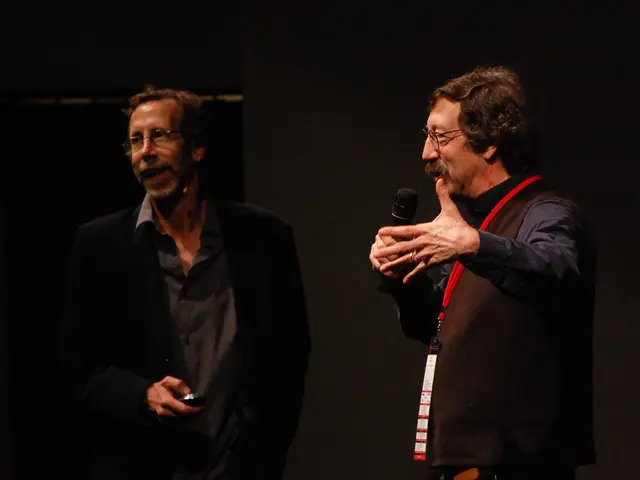China's art display criticized: Bangkok Exhibition
In the heart of Bangkok, an art exhibition titled "Constellation of Complicity: Visualising the Global Machinery of Authoritarian Solidarity" opened its doors on July 24, 2025. The event, organised by unspecified parties, showcased artworks related to authoritarian governments, including pieces critical of China's treatment of Uyghurs in Xinjiang, Tibetans, and Hong Kong activists.
However, the exhibition was met with pressure from China's embassy and local authorities, leading to the removal or alteration of certain artworks. The Chinese government defended these actions, accusing the show of promoting the fallacies of "Tibetan independence," "East Turkestan Islamic Movement," and "Hong Kong independence," asserting these narratives have no international support.
The Chinese Foreign Ministry framed its intervention as opposing "political manipulation" disguised as cultural exchange and refused to explicitly confirm embassy involvement in the censorship while emphasizing the necessity to maintain China’s “core interests and political dignity.”
The cocurator of the exhibition, Sai - an artist from Myanmar who goes by one name - stated that China's actions showed it was engaging in political manipulation beyond its borders. Sai asserted that if the claims about ethnic minority causes were true, there would have been no need for Chinese officials to intervene in galleries in Thailand.
Sai also claimed that China supported the ruling military in his own country, Myanmar. This allegation, like the claims about the cocurator's specific claims regarding the removal and alteration of artworks, remains unverified.
The Thai Ministry of Foreign Affairs and the Bangkok Arts and Cultural Centre did not respond to requests for comment regarding the removal or alteration of artworks. No specific details were provided about which artworks were removed or altered at Beijing's request.
International human rights organizations, like the Human Rights Foundation and Human Rights Watch, condemned the censorship as intimidation and transnational repression aimed at silencing dissent abroad. They highlighted this as part of a broader pattern of China exporting its domestic censorship mechanisms internationally, with some cooperation from governments in the region, such as Thailand.
The controversy increased public interest in the exhibition, ironically drawing more attention to the censored issues. Regional governments in Southeast Asia are treading cautiously as they balance cooperation with China against concerns about political sovereignty. Sai, the cocurator, said that censorship is never the weapon of those confident in the strength of their ideas.
As China's influence continues to grow in Southeast Asia, the incident in Bangkok serves as a reminder of the delicate balance between artistic freedom and diplomatic relations.
- The exhibition's cocurator, Sai, suggested that China's involvement in censoring artworks in Thailand might be an extension of its political manipulation efforts, reaching beyond its borders.
- The controversy created by the incident in Bangkok's art exhibition has brought to light the delicate balance that regional governments in Southeast Asia must maintain, as they strive to strike a balance between pursuing diplomatic relations with China and upholding political sovereignty.
- The censorship of artworks in the "Constellation of Complicity" exhibition has been criticized by international human rights organizations, such as the Human Rights Foundation and Human Rights Watch, who view it as part of China's ongoing attempt to export its domestic censorship mechanisms internationally, with some assistance from regional governments like Thailand's.




